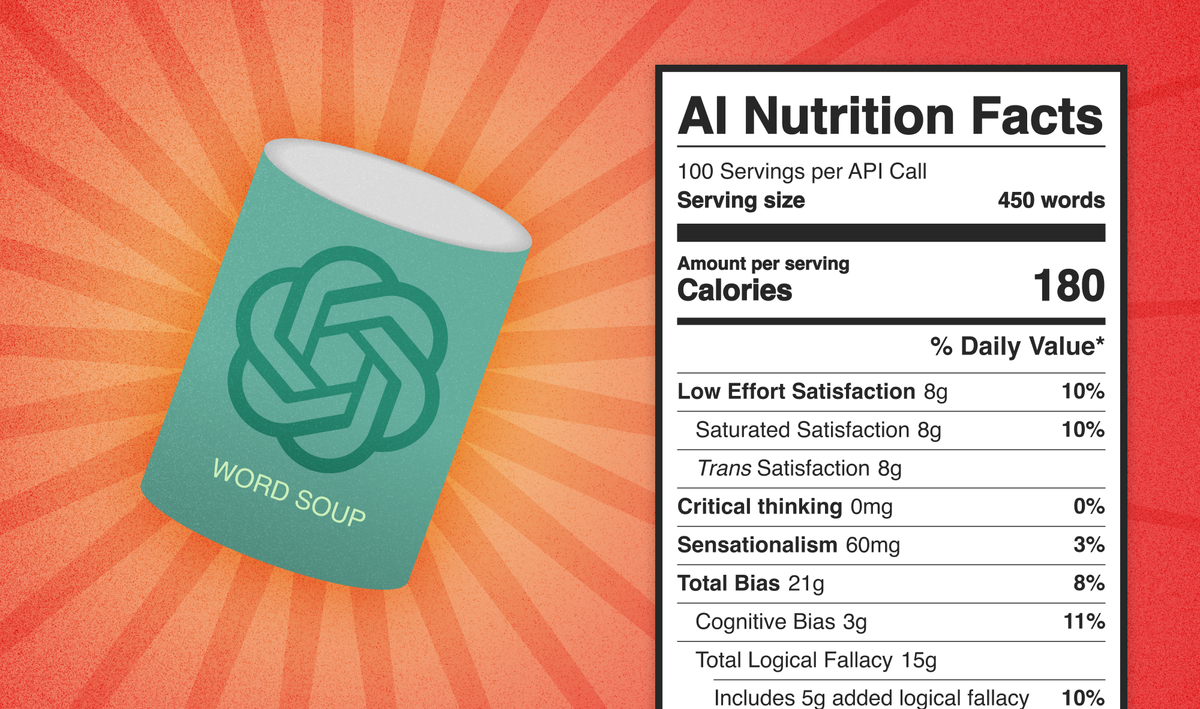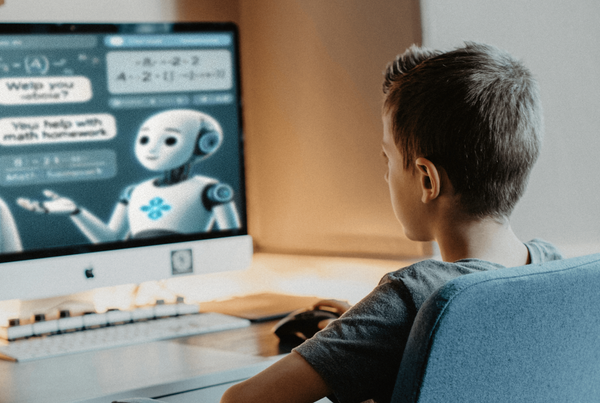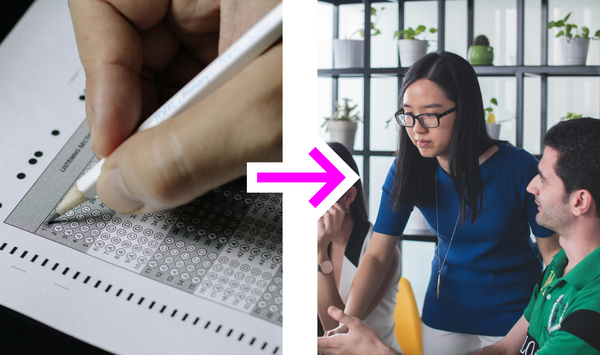Intellectual Nutrition Labels for Generative AI Products

If a generative AI had a nutrition label that said "100 brain calories per ChatGPT response", would that change how you use it?
Nutrition could serve as a metaphor to understand why taking a tempered approach with generative AI might be important for our intellectual health.
For starters, not all calories are created equal. 100 calories gained from broccoli comes with more nutrients compared to 100 calories from jelly beans. Learning how to consume the right amount and quality is a critical skill for modern humans who don't spend time foraging and running all day. Addictive foods rich in calories make us bloated and dependent, and they are often cheaper and more readily available.
Similarly, when we walk rather than drive, we move more slowly but we burn calories and build muscle. This keeps us healthy in a way that integrates seamlessly into our lives. That doesn't mean cars are all bad. They are useful for great distances impossible to walk to in a reasonable timeframe and inaccessible by public infrastructure. But the overuse of cars and poor legislation led us to less walkable cities and soaring gym memberships as people tried to stay fit.
Without context and understanding, we might have to build artificial ways for us to stay intellectually healthy. We'll have to develop strategies to use generative technology in moderation while maximizing the benefits to both our time and our brains. Just like with cooking, we'll be seeking out quick cooking hacks to save a buck and eat a healthy homemade meal in under 5 minutes. Using apps without generative AI might become a counter-culture decision, like eschewing one's driver license in North America, in service of a healthier and slower lifestyle.
This isn't unique to generative AI. We did the exact same thing with a lot of technology before this. You could argue that using Google eroded many people's instincts to theorize before looking up answers instantly. In some cases, this was beneficial and in others it weakened our instincts to contemplate ideas and digest them. Social media made it easier to send an impersonal text without much intention to a friend, serving as a poor substitute for actually hanging out. It also made it possible to maintain a friendship across oceans. Like with nutrition, the healthy approach isn't about making definitive statements of objectively good or bad.
A chocolate cookie doesn't have to be made of 50 ingredients and 20 grams of sugar per serving. Instead, we can find ways to eat something reasonably sweet, made of delicious natural ingredients that don't give you cancer. We can strive for the same with our technology. Transparency from the companies, reasonable regulations from government, and moderation on our part can go a long way in helping us pave the way to more constructive uses for society.




